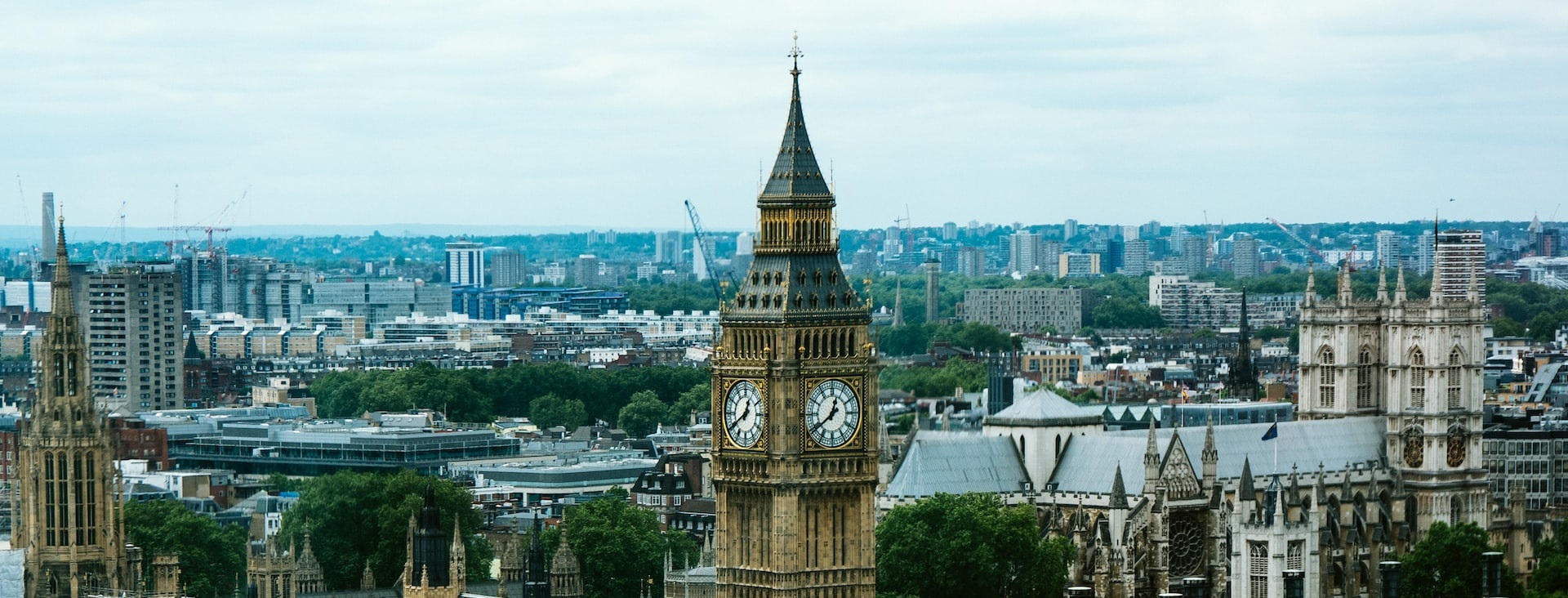The Labour Party have been confirmed as the winners of the UK General Election. Prime Minister Keir Starmer will now form a government and appoint cabinet ministers. Rachel Reeves is the new Chancellor.
According to the Labour Party’s election manifesto, ‘every fiscal event making significant changes to taxation or spending will be subject to an independent OBR [Office for Budget Responsibility] forecast.’ The OBR requires 10 weeks’ notice for this, so the earliest date for a fiscal event, i.e. an Autumn Budget or Autumn Statement, will be Friday 13 September.
Based on Labour’s manifesto and other recent statements, what tax-related changes can we expect in the autumn?
Taxes that won’t be raised
The manifesto states: ‘We will not increase National Insurance, the basic, higher, or additional rates of income tax, or VAT.’
Non-UK domicile tax status
Referring to ‘non-dom tax loopholes’, the manifesto proposes to ‘abolish non-dom status once and for all, replacing it with a modern scheme for people genuinely in the country for a short period’. Reform of the non-dom rules was also proposed by the Conservative Government in the 2024 Spring Budget (as covered in our April webinar), although excluded from the Finance Bill because of the election.
The manifesto also proposes to ‘end the use of offshore trusts to avoid inheritance tax’.
Tax treatment of carried interest
Commenting that ‘private equity is the only industry where performance-related pay is treated as capital gains’, the manifesto proposes to ‘close this loophole’.
Reducing tax avoidance
The manifesto’s fiscal plan includes an additional £855m investment in HMRC per year, along with proposals to ‘increase registration and reporting requirements, strengthen HMRC’s powers, invest in new technology and build capacity within HMRC’. It points to ‘a renewed focus on tax avoidance by large businesses and the wealthy’.
Business tax
According to the manifesto, Labour will:
- ‘Publish a roadmap for business taxation for the next parliament’
- ‘Cap corporation tax at the current level of 25% … for the entire parliament’
- ‘Retain a permanent full expensing system for capital investment and the annual investment allowance for small business’
- ‘Give firms greater clarity on what qualifies for allowances’
VAT and private schools
According to the manifesto, ‘Labour will end the VAT exemption and business rates relief for private schools’.
Rachel Reeves has said that “these changes would be in our first Budget, but they would come in after that, not retrospectively.” According to The Times, experts believe that the changes won’t commence until the next full school year following that Budget i.e. from September 2025.
Stamp duty land tax (SDLT)
Under its fiscal plan, Labour will be ‘increasing stamp duty on purchases of residential property by non-UK residents by 1%’. The SDLT surcharge is currently 2% payable by non-UK residents, and certain UK companies owned by non-UK residents on buying UK residential property.
Taxing oil, gas and tech giants
According to the manifesto, Labour’s Green Prosperity Plan (to make Britain a clean energy superpower) ‘will be funded in part by a time-limited windfall tax on the oil and gas giants making record profits’. There are also proposals to ‘extend the sunset clause in the Energy Profits Levy until the end of the next parliament [and] increase the rate of the levy by three percentage points, as well as removing the unjustifiably generous investment allowances’.
Elsewhere, the manifesto says that Labour ‘backs international efforts to make sure multinational tech companies pay their fair share of tax’.
Other key areas: property and financial services
The manifesto covers property and financial services, two key client sectors for BKL.
For residential property, there is a proposal to build 1.5m new homes over the next parliament. The manifesto also proposes to:
- Ensure that new developments provide more affordable homes
- Ensure that the Affordable Homes Programme delivers more homes from existing funding
- Support councils and housing associations to contribute more to the affordable housing supply
Keir Starmer and Rachel Reeves told the Sunday Times that Labour would “hit the ground running” on housebuilding, so announcements are expected later this month.
For financial services, the manifesto says that Labour will ‘create the conditions to support innovation and growth in the sector, through supporting new technology, including Open Banking and Open Finance and ensuring a pro-innovation regulatory framework.’
There is also a proposal to ‘make the UK the green finance capital of the world, mandating UK-regulated financial institutions … to develop and implement credible transition plans that align with the 1.5°C goal of the Paris Agreement [to limit the temperature increase to 1.5°C by 2100].’
Some key tax omissions
While anything not specified in the manifesto is speculation, it doesn’t rule out increases to capital gains tax, inheritance tax, council tax or business rates.
The Chancellor’s first Budget or Statement will bring certainty over which Labour manifesto proposals will eventually become government legislation, and when. Our specialists will be analysing what this means for you, your family and your business. In the meantime, to discuss how Labour’s proposals may affect you, please feel free to get in touch with your usual contact at BKL or to use our enquiry form.


